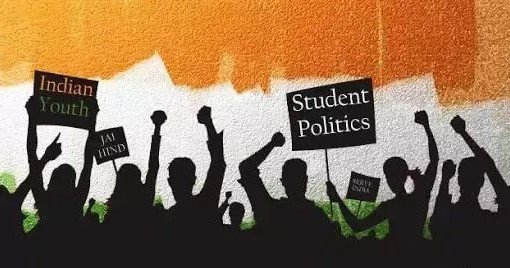AWIP, Indian Polity & The Constitution of India, Society
Q. How does the political participation of college students contribute to India’s democratic ethos? Discuss their activism, electoral engagement and ideological debates.
College is a breeding ground for future political leaders. Their participation in student unions and political discussions equips them with the skills and experience necessary to contribute effectively to the political system in the long run. The political participation of college students in India signifies a vital aspect of the nation’s democratic ethos. Here are some key points regarding their contributions:
- Activism and Advocacy:
-
- College education exposes students to diverse viewpoints and critical thinking skills. Their political engagement, even through discussions and social media, fosters a more informed citizenry. This is crucial for a healthy democracy.
- Student activism has a long history in India, dating back to the independence movement. Their protests, rallies, and debates on social and political issues, their voices for social justice, environmental sustainability and governance reforms keep the government accountable and ensure citizens’ voices are heard.
- Their desire for societal transformation and policy change underscores their role as vanguards of change within the political sphere.
- Electoral Engagement:
-
- College students form a significant voting bloc. Their political choices reflect their ideologies, aspirations, and concerns.
- Political parties actively engage with students through campus campaigns, debates, and youth-centric policies, recognizing their potential to influence electoral outcomes.
- Ideological Debates:
-
- Colleges serve as crucibles for diverse ideologies, debates, and discussions. Exposure to varied perspectives contributes to political awareness and activism.
- Students critically analyze issues, shaping their opinions and contributing to the evolving patterns of civic engagement.
In summary, college students play a pivotal role in shaping political narratives, reflecting their commitment to democratic values and active participation in India’s political landscape.


